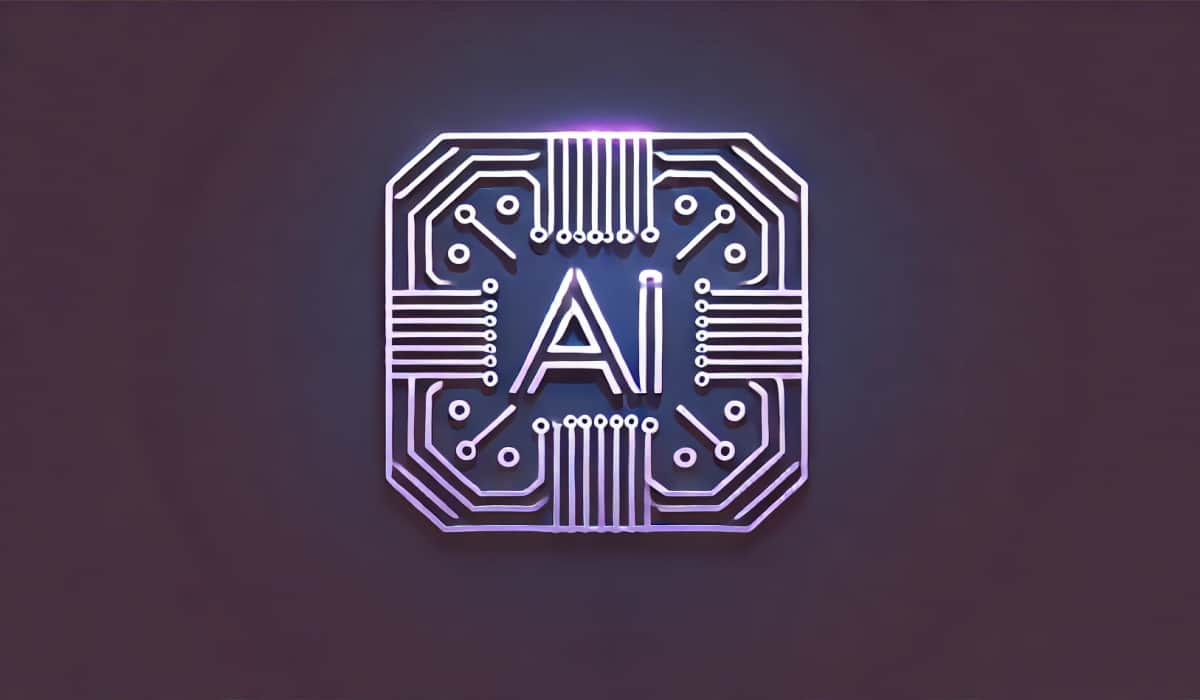Artificial intelligence (AI) is revolutionizing workplace management, offering a myriad of benefits and opportunities for organizations seeking to optimize their operations and enhance employee experience. By integrating AI into workplace management practices, businesses can streamline processes, improve decision-making, and create more efficient and personalized work environments.
One of the key advantages of AI in workplace management is its ability to improve efficiency by automating routine tasks like scheduling, resource allocation, and inventory management. By freeing up employees from these repetitive activities, AI allows them to focus on more critical tasks, ultimately boosting productivity and overall organizational performance. For example, AI-driven meeting room booking systems can allocate rooms based on specific team requirements, ensuring seamless operations and maximizing space utilization.
Moreover, AI serves as the brain behind modern workplace decision-making by analyzing vast amounts of data in real-time. AI-powered analytics tools provide insights into employee performance, space utilization, and operational efficiency, enabling managers to make informed decisions that optimize workflows and resource allocation. By harnessing the power of AI, organizations can identify trends, improve productivity, and ensure that resources are utilized to their full potential.
AI also offers a personalized employee experience by understanding individual preferences and needs. By analyzing data on work patterns, preferences, and behaviors, AI can suggest customized solutions to enhance employee productivity, wellness, and satisfaction. Through personalized workspaces, task prioritization, and environmental adjustments, AI creates a tailored work environment that supports employee well-being and engagement.
Furthermore, AI helps organizations achieve cost savings and optimize resource utilization by leveraging predictive analytics to forecast demand for resources like meeting rooms, office equipment, and energy consumption. By minimizing costs associated with underutilized assets and improving space management, businesses can operate more efficiently and sustainably.
Despite the numerous benefits of AI in workplace management, organizations face several challenges when implementing AI solutions. Data privacy and security are critical considerations, as AI systems rely on vast amounts of data that may contain sensitive information. To mitigate the risks of data breaches and privacy violations, organizations must implement robust cybersecurity protocols and ensure compliance with data protection regulations.
Another challenge organizations may encounter is resistance to change from employees who are skeptical about AI technology or concerned about job security. To address this resistance, organizations must focus on education and training initiatives to help employees understand the benefits of AI and how it can support their work rather than replace it.
Integrating AI into existing workplace management systems can also be complex, especially for organizations with legacy systems that may not be compatible with AI technologies. Proper planning and investment in seamless integration solutions are essential to avoid operational disruptions and technical challenges.
Moreover, bias and fairness in AI algorithms pose a significant challenge, as biased data can lead to biased results that may inadvertently favor certain groups over others. Organizations must ensure that the data used to train AI models is diverse and representative, and regularly audit AI systems for fairness and accuracy.
Looking ahead, the future of AI in workplace management promises even more advanced and intuitive systems that anticipate and address employee needs proactively. To unlock the full potential of AI, organizations must navigate the challenges of data privacy, employee resistance, and system integration while focusing on transparency, employee engagement, and data protection.
In conclusion, AI is reshaping workplace management by enhancing efficiency, decision-making, and resource utilization. By overcoming challenges and embracing AI technology, businesses can create smarter, more efficient, and more personalized work environments that benefit both employees and organizations alike. As AI continues to advance, the future of workplace management holds exciting possibilities for organizations willing to embrace innovation and transformation.


